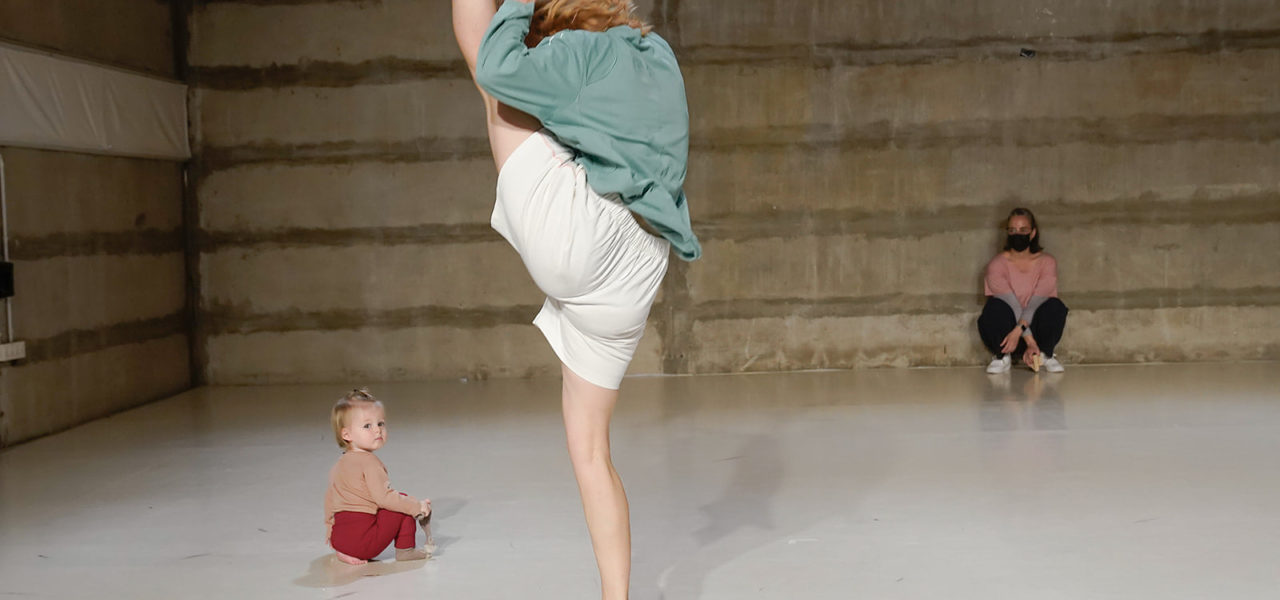Being upstaged doesn’t mean we have to disappear

*originally published in Hebrew on the Parental Choreography blog on Haaretz
As a new mother, pushing a stroller around the city, I experienced a strange sensation. I felt as though I had wrapped myself in Harry Potter’s Invisibility Cloak. Where once people saw me, they now saw only my baby. I can’t say this was a completely pleasant or completely unpleasant experience. It was if nothing else, new.
My invisibility continued through the first months of motherhood into the first year and onward. The compliments I received were solely about the baby. The presents we received were for her. Even my parents came to focus mainly on their new granddaughter. I was there, of course, but I was no longer the center of attention.
And it wasn’t that this differed from how I saw myself. As parents, my husband and I had become invisible to ourselves. We no longer thought about what we wanted to do, how tired we were, if we were hungry or needed a shower. Our focus was tuned to the small creature that now lived with us, to what she needed. We put ourselves aside to learn her.
I thought of this while watching Merav Dagan’s new creation Orleor.
In a strikingly courageous act, Dagan places as her partner on stage the one person who is sure to upstage her, her infant daughter.
Dagan is a veteran performer. She is powerful and charismatic. She moves skillfully between song, text and dance all the while hoisting Sophie on her hip. At one point, she places Sophie on the floor and launches into a solo, including a particularly impressive headstand. But each action of Sophie’s steals the audience’s attention. The slightest turn of her small, blond head makes the viewers sigh. She lifts and arm and people swoon. The crescendo came when she removed her sock, evoking not just giggles but cries of joy from the crowd.
It is a beautiful gesture of Dagan’s, to expose this rarely discussed nuance of motherhood on stage for all to see.
I have never seen the act of being upstaged by one’s child depicted so clearly before but I have certainly experienced it.
Our children enter the world to upstage us. Their youth marks the waning of our own, their innocence points to the disappearance of our own. The freshness of a baby is entrancing, and it works as a tonic on most adults around. We can so easily forget ourselves when faced with our children.
And here, in Dagan’s piece were two facts one alongside the other. The first, Sophie upstaged Merav. The second, there was room for both of them on stage. While many take being upstaged as a cue to leave the limelight, Dagan persisted. She accepted that she was splitting attention with her child and, in spite of that fact, refused to forfeit her place.
I believe this is the ultimate goal of most mothers. It is not to avoid or fight being upstaged rather to insist upon our place. That place may be smaller than it used to be, it may not be as glamorous, free or pervasive, but we do not have to fade into invisibility.
